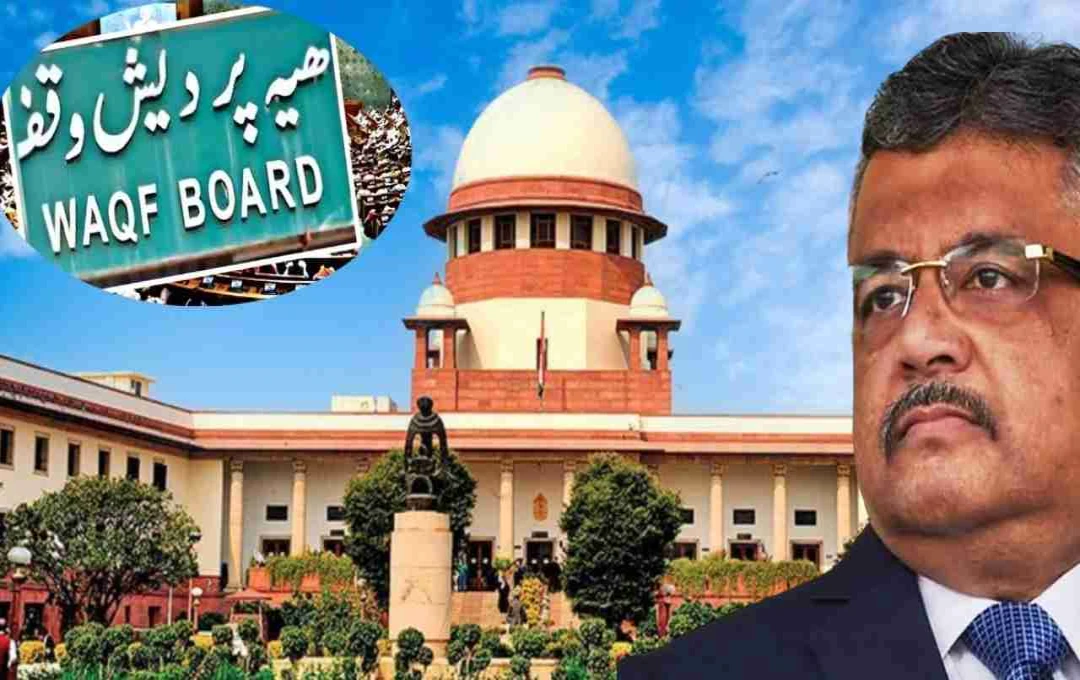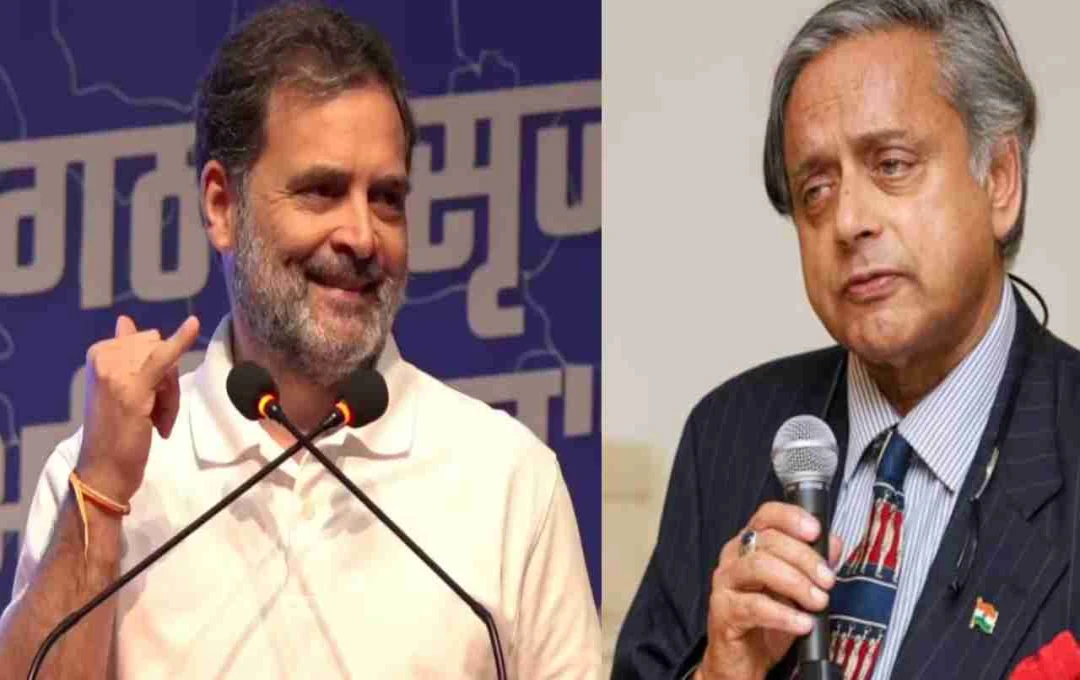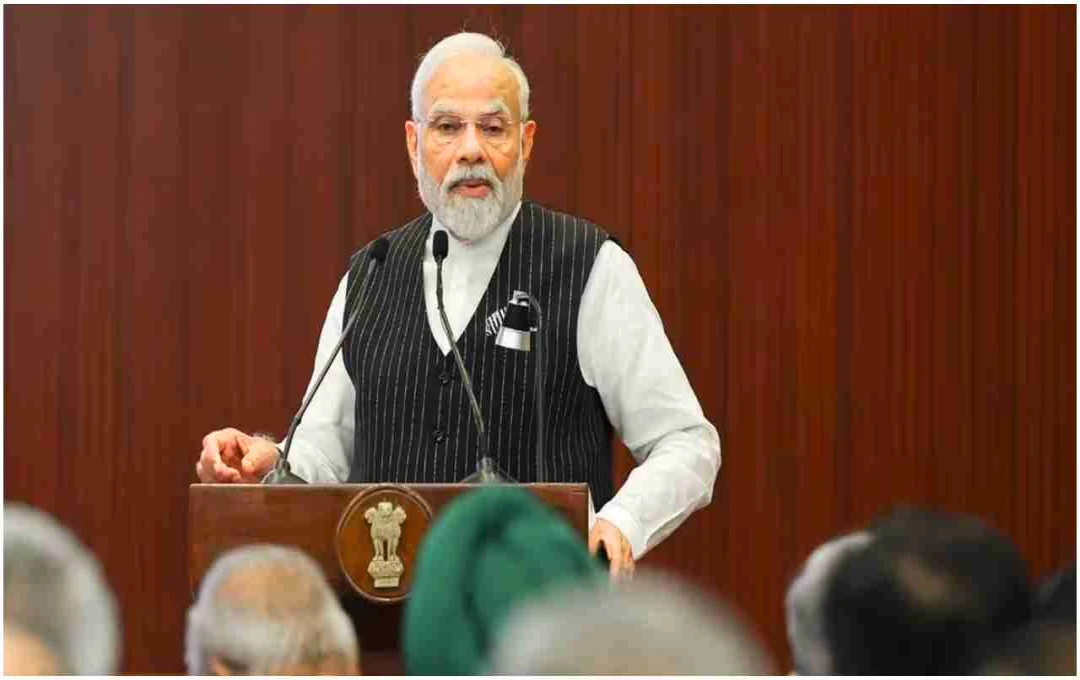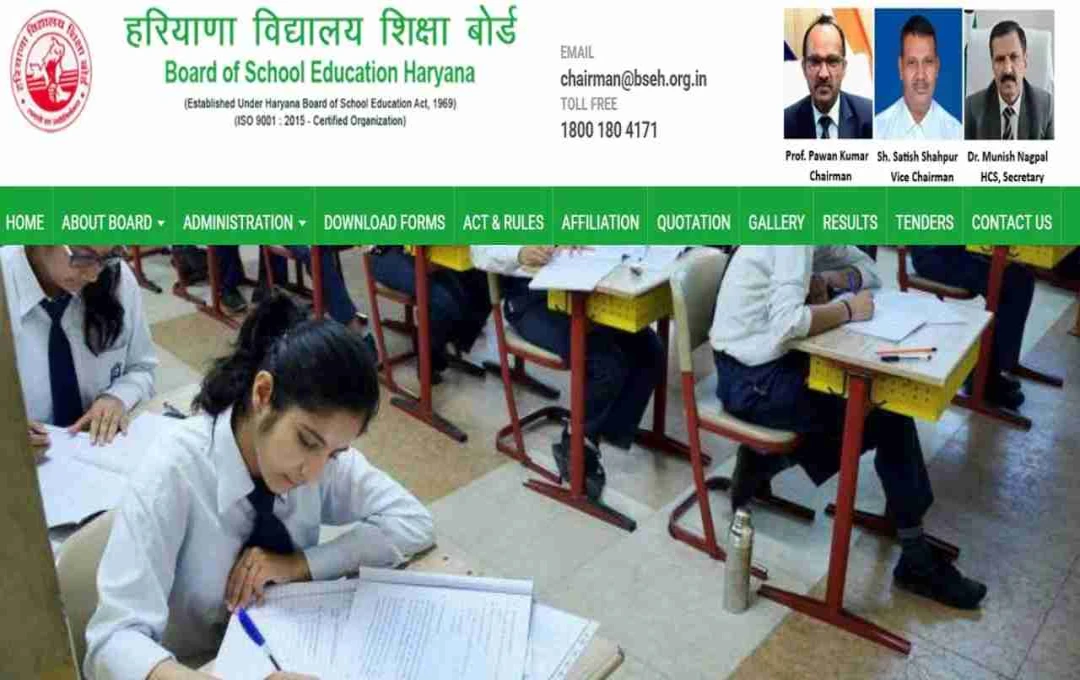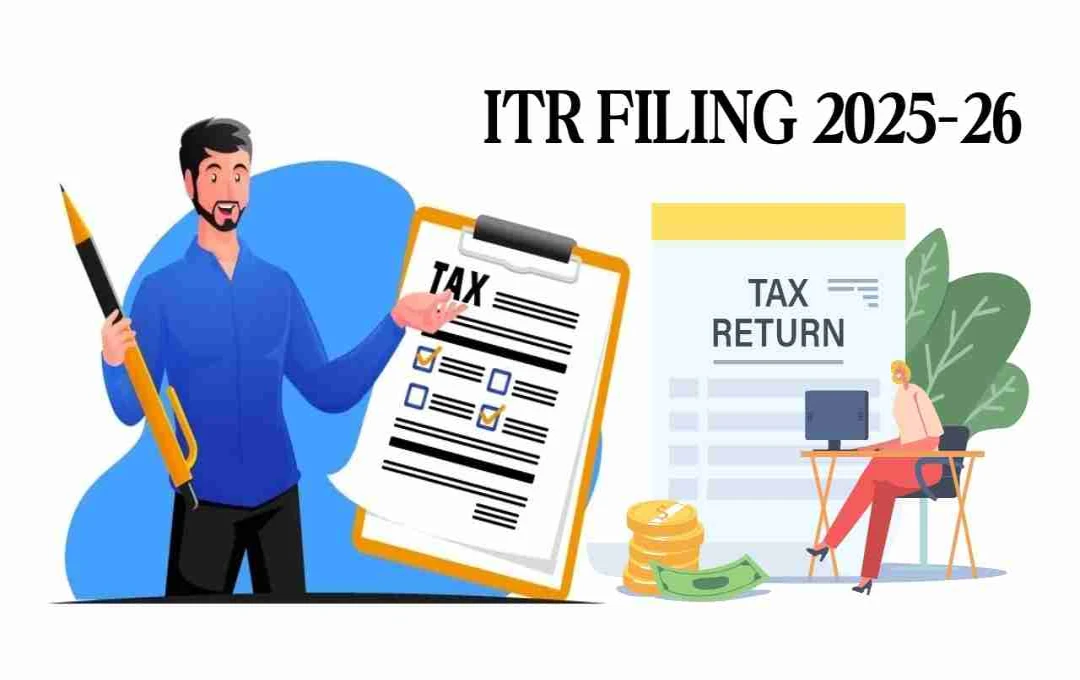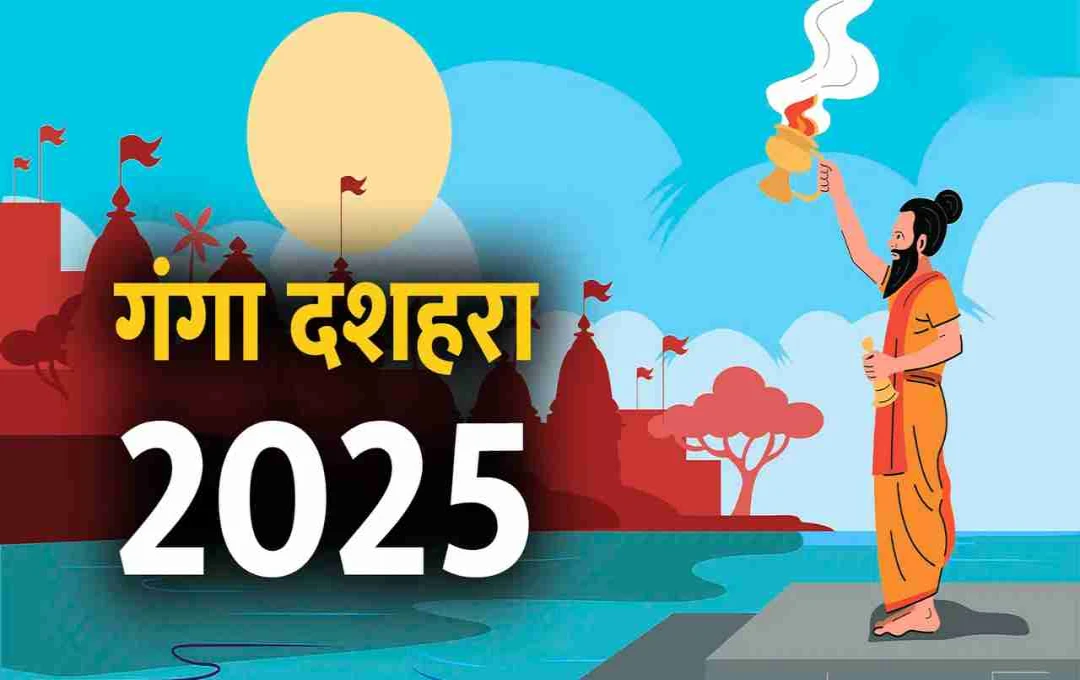Supreme Court hears arguments on the Waqf Amendment Act 2025. SG Tushar Mehta argues the Act does not weaken Muslim rights, refuting accusations by citing the example of the Hindu Code Bill.
Waqf Amendment Act 2025: The ongoing debate in the Supreme Court regarding the Waqf Amendment Act 2025 has once again raised questions about religious rights and the spirit of the Constitution in India. During the hearing, Solicitor General (SG) Tushar Mehta informed the court that the Act neither violates Article 25 nor undermines the rights of any religious community. He specifically cited the Hindu Code Bill as an example, stating that when the Hindu Code Bill was introduced, no one questioned why Muslims were excluded.
The Waqf Amendment Act and the Controversy
Several petitions have been filed in the Supreme Court against the Waqf Amendment Act 2025. Petitioners oppose the Act, claiming it violates Article 25 of the Constitution, which guarantees religious freedom to Indian citizens. Petitioners allege that the Act weakens the religious rights of the Muslim community.
However, representing the central government, SG Tushar Mehta clarified that the Act's purpose is not to diminish the rights of the Muslim community. He explained that changes were made to the personal laws of several communities during the enactment of the Hindu Code Bill, yet no one raised questions about the rights of Muslims at that time.
Reference to the Hindu Code Bill
The Hindu Code Bill, enacted in 1956, was a significant change in Indian law. This bill amended the personal laws of Hindu, Sikh, Buddhist, and Jain communities. Its aim was to grant women equal rights in marriage, divorce, property, and inheritance. Simultaneously, several older laws were amended, resulting in improvements to social and family structures.
SG Mehta informed the court that several rights of the Hindu community were abolished after the implementation of the Hindu Code Bill, yet no one questioned why Muslims were not similarly affected. Through this argument, the central government attempted to demonstrate that the Waqf Amendment Act is intended for administrative reforms, not to curtail Muslim rights.
Debate on Including Non-Muslims in the Waqf Board
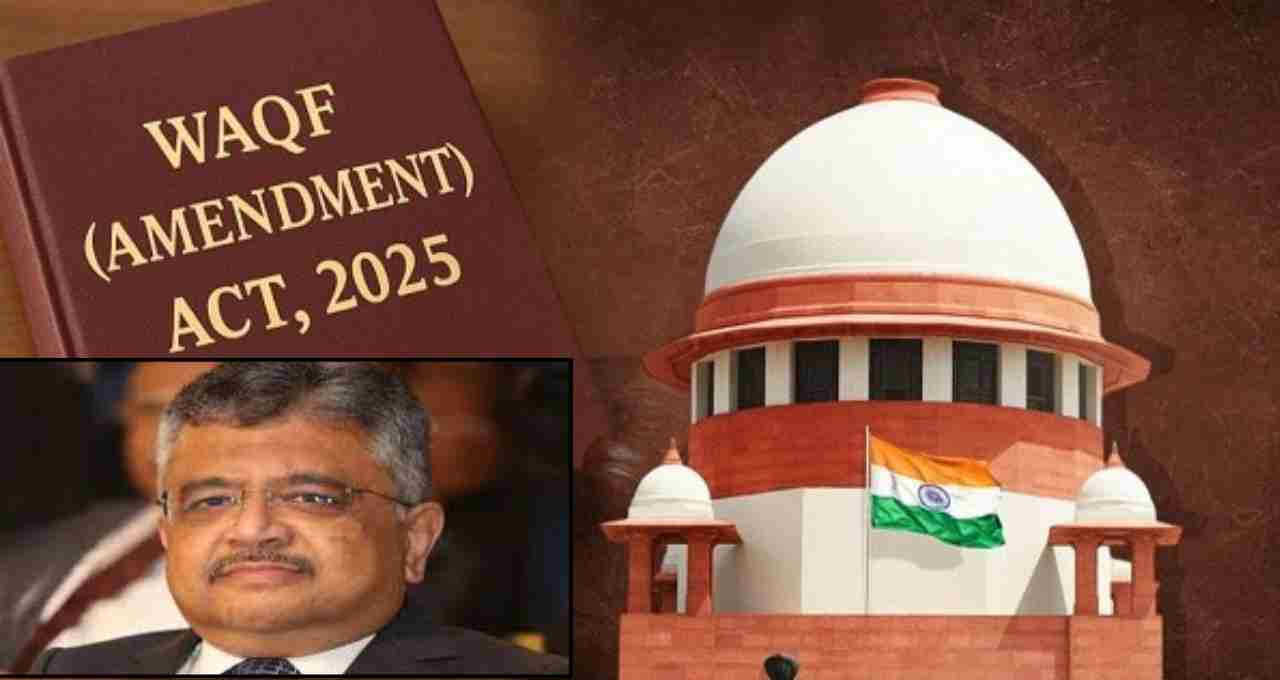
A significant provision in the Waqf Amendment Act allows for the inclusion of non-Muslims in the Waqf Board. Petitions have also been filed against this provision. In response, SG Tushar Mehta cited the Tamil Nadu Endowments Act, stating that it includes provisions for the removal of temple administrators for violating regulations. Similarly, he argued that including non-Muslims in the Waqf Board aims to ensure better administration and transparency, not to impact religious freedom.
Difference between Hindu Endowments and Waqf
SG Tushar Mehta, comparing Hindu endowments and Waqf, stated that Hindu endowments are limited to religious functions, including the management of temples and religious sites. On the other hand, Waqf is a broader institution encompassing religious organizations as well as secular institutions such as schools, madrasas, orphanages, and rest houses.
He noted that in Maharashtra, the Bombay Public Trust Act governs temple management, allowing chairmen from any religion. However, no such provision exists for Waqf. This, he argued, necessitated reforms in Waqf administration, which are being undertaken through the Waqf Amendment Act.
Administrative Structure in Waqf
Waqf institutions have two main officials: the Sajjadanashin and the Mutawalli. The Sajjadanashin is the spiritual head overseeing religious activities. The Mutawalli is the administrator or manager responsible for the Waqf's property and management.
Tushar Mehta explained that the new Waqf Amendment Act focuses solely on administrative reforms and has no bearing on spiritual or religious matters. Its aim is to improve the management and transparency of Waqf properties.
Supreme Court Hearing Procedure
The Waqf Amendment Act came into effect on April 5, 2025, after President Droupadi Murmu's approval. Immediately afterward, several petitioners challenged the Act in the Supreme Court. On April 16, a bench headed by former Chief Justice Sanjeev Khanna held the first hearing and imposed a stay on new appointments to the Waqf Board.
The case was subsequently transferred to a bench headed by the new Chief Justice B.R. Gavai. A three-day hearing was held from May 20 to 22. On the first day, the petitioners presented their arguments, while on May 21 and 22, the central government and lawyers from other states defended the Act.
